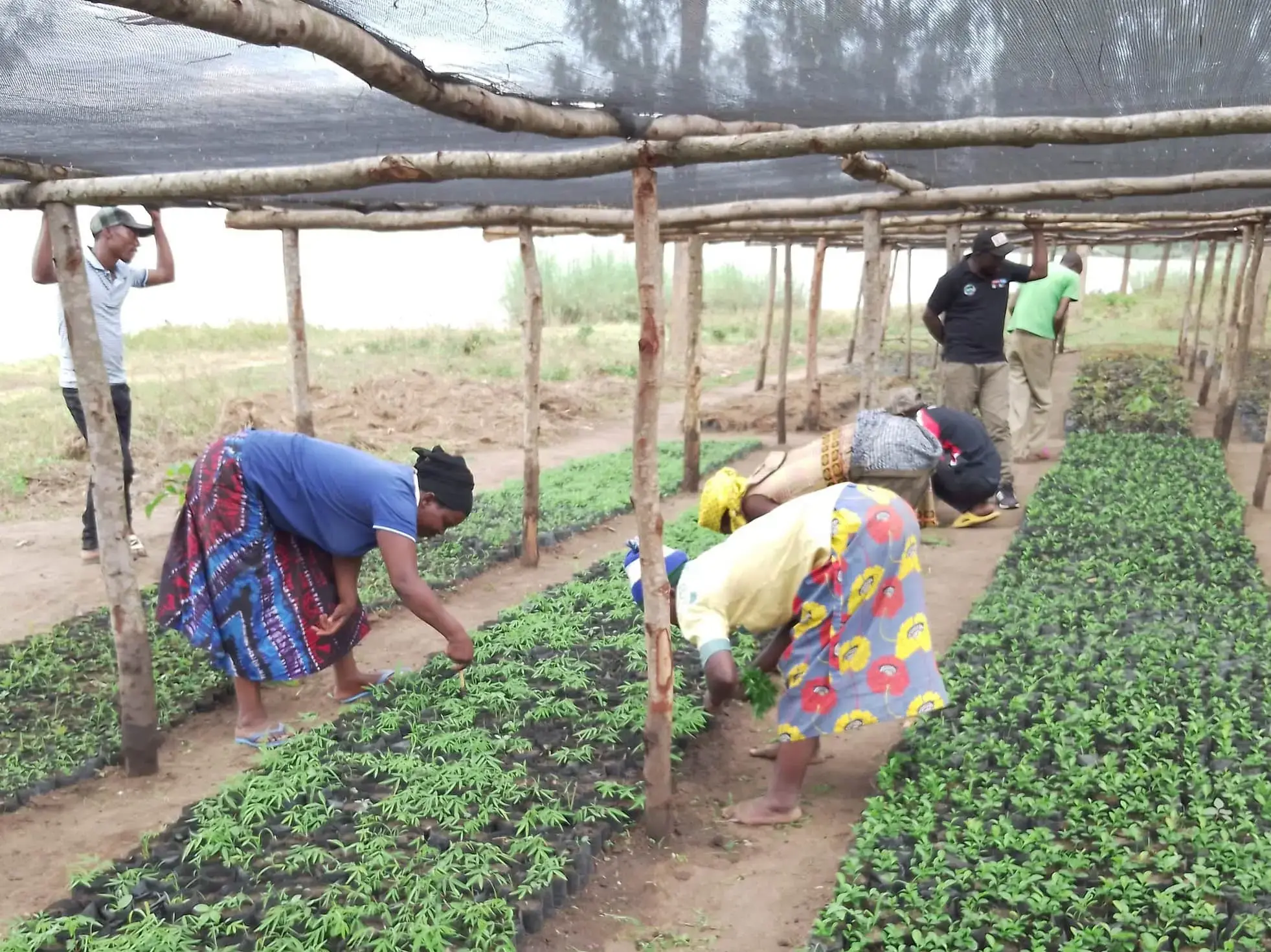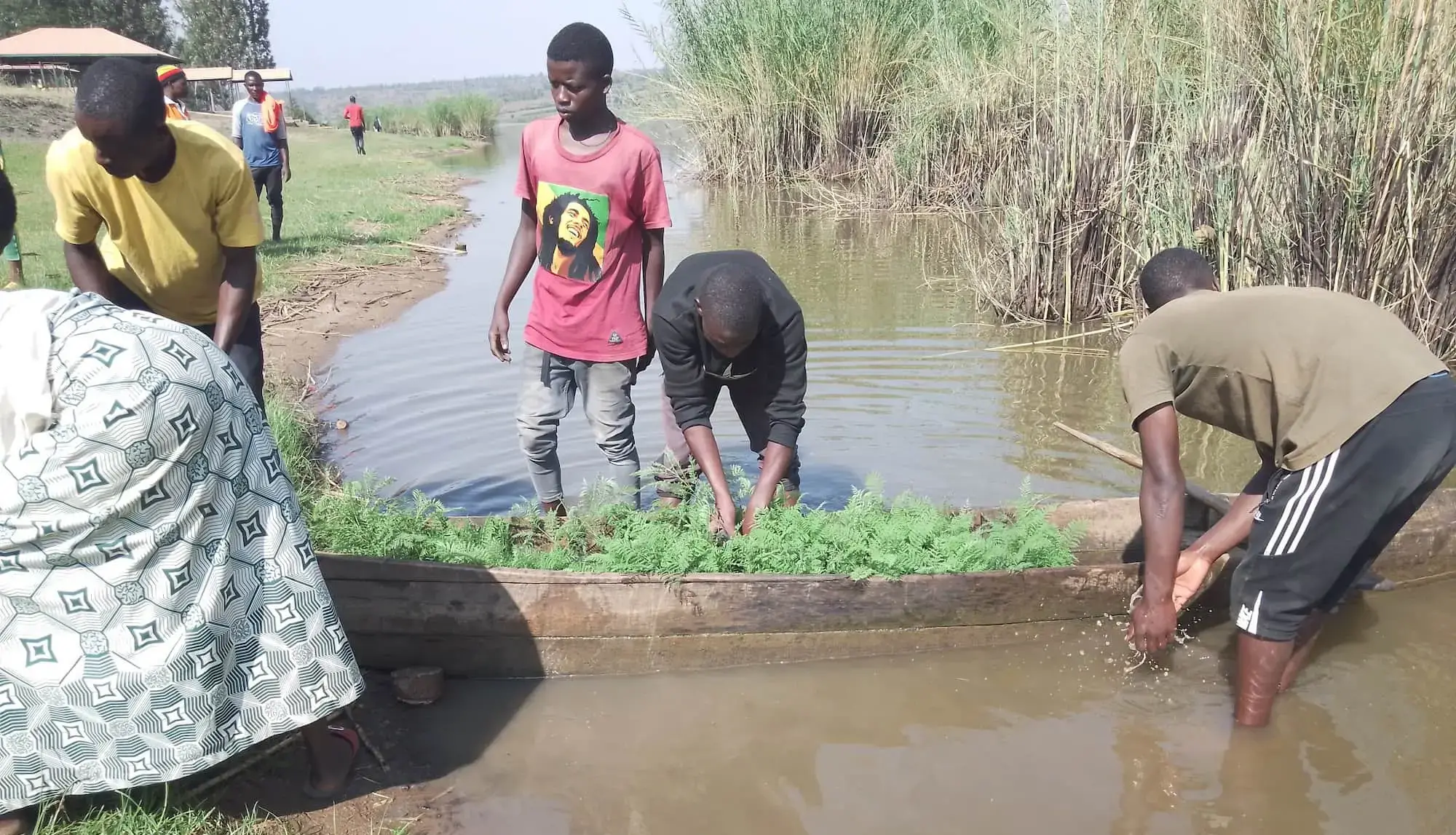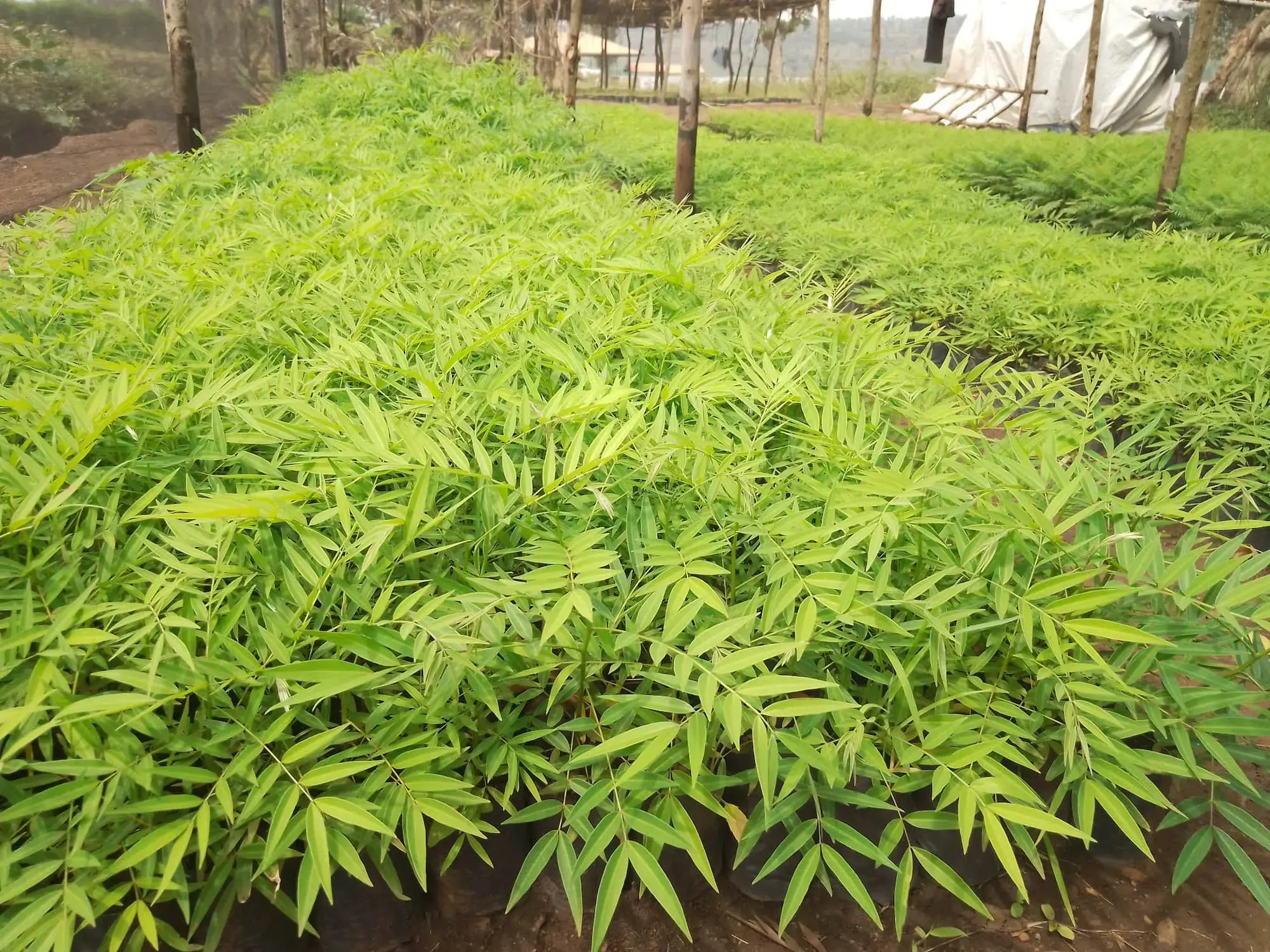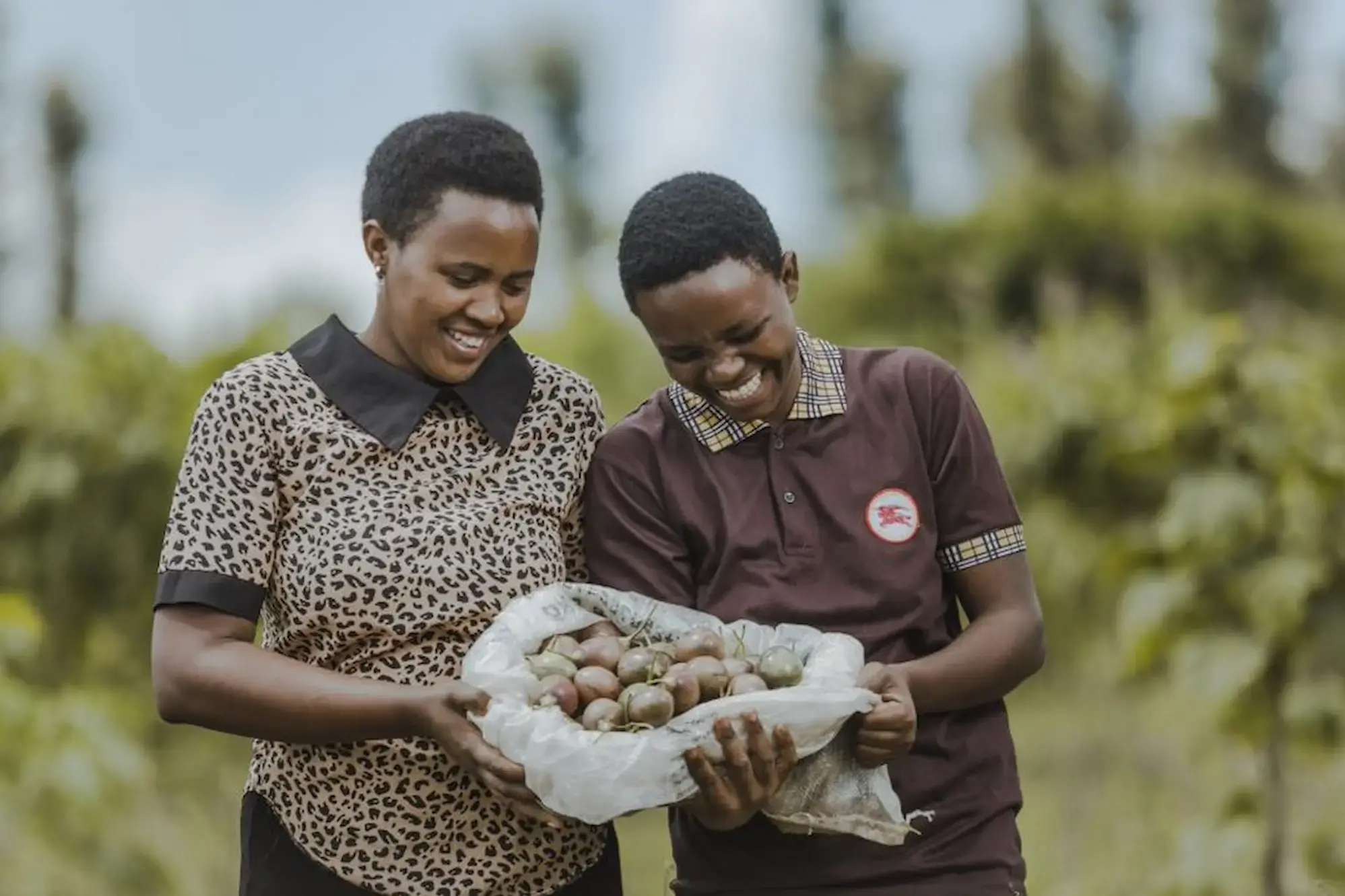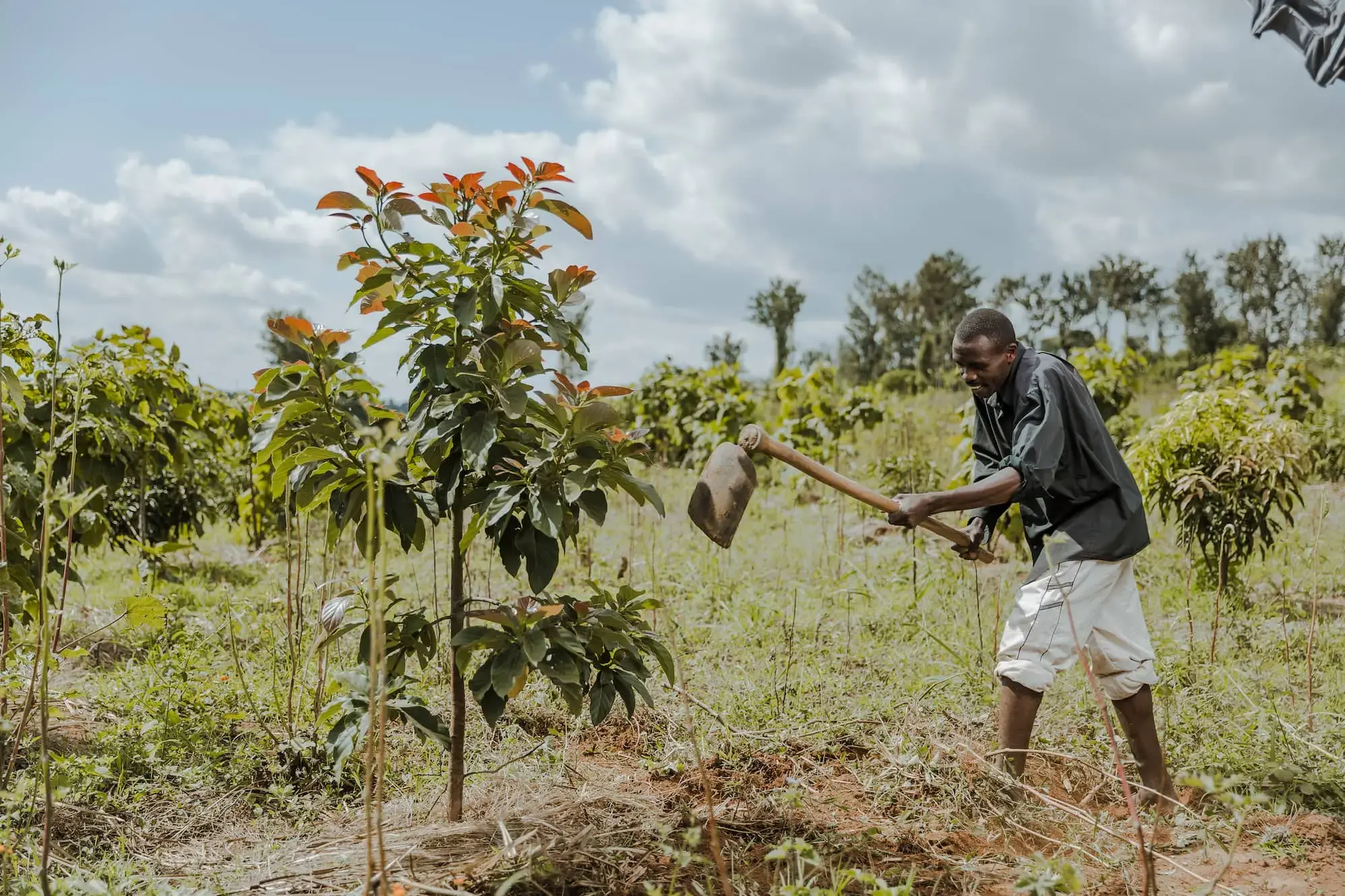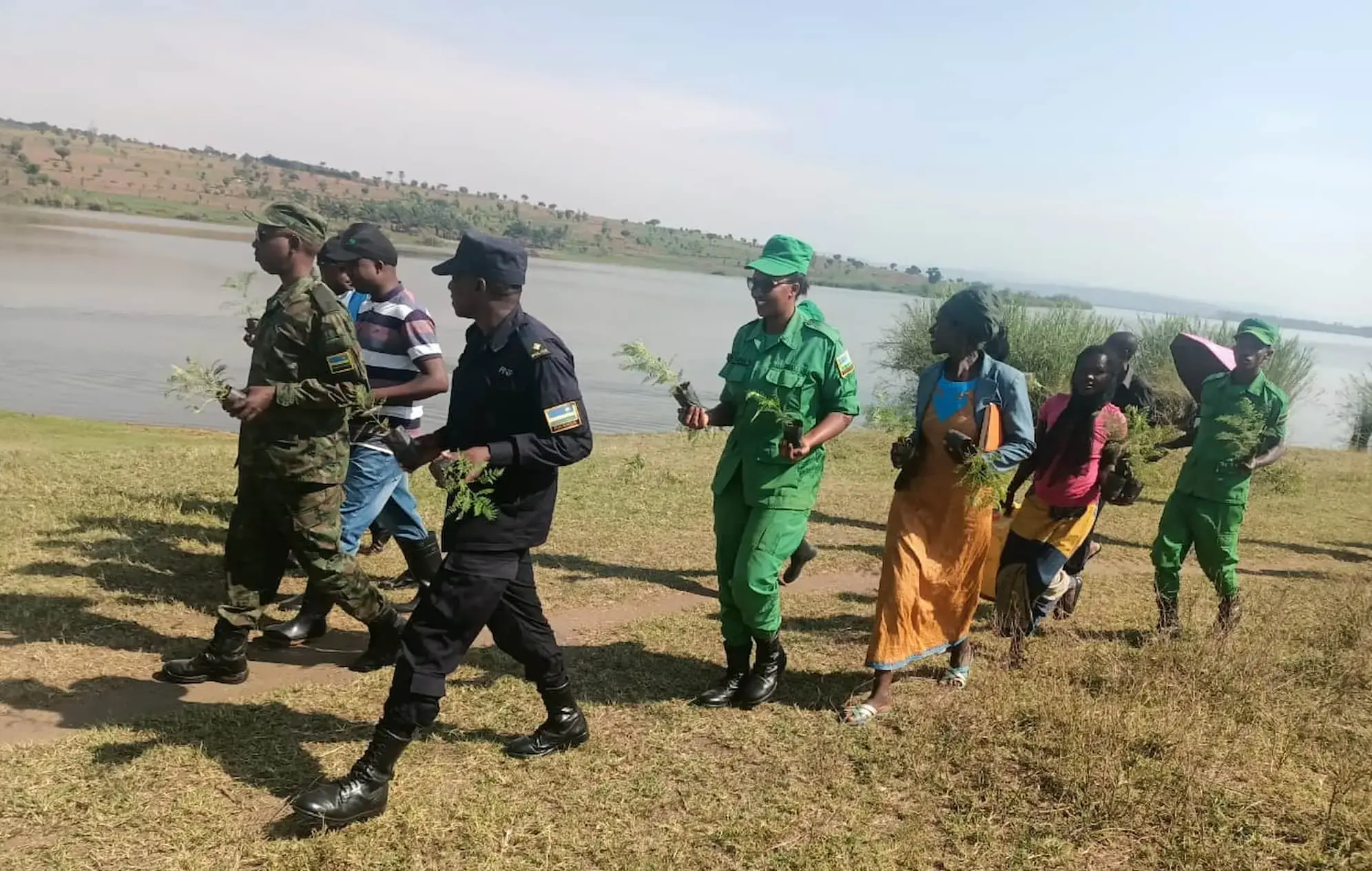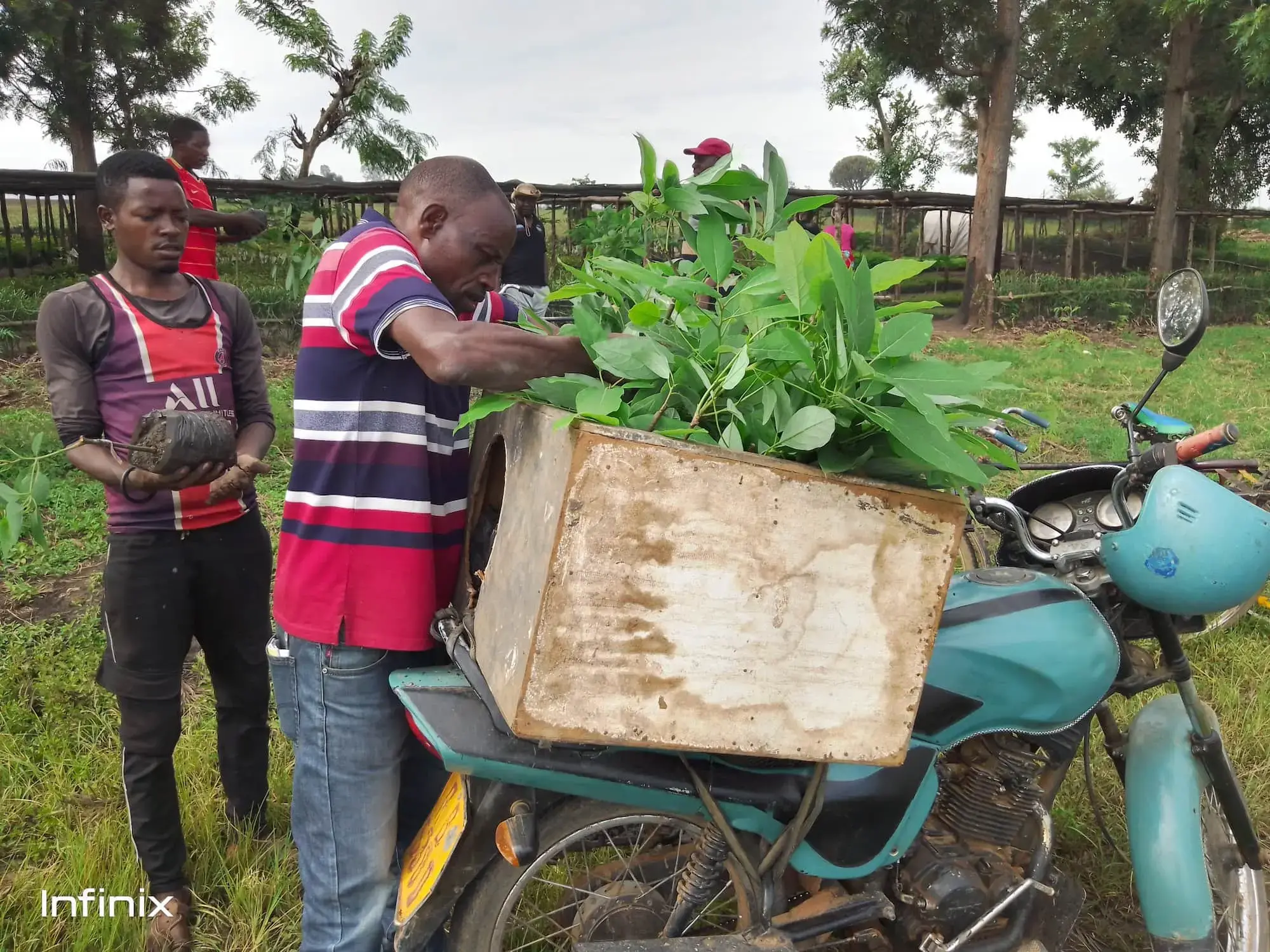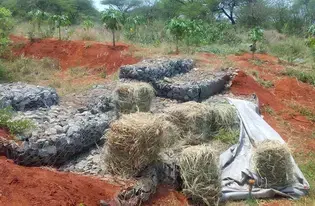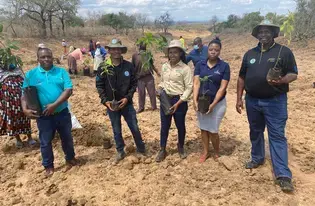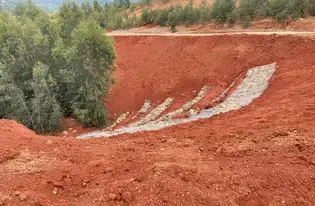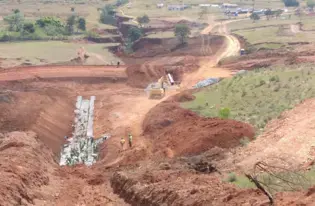Sustainable restoration requires collaborative effort. Without a healthy environment and an engaged community, we cannot have stable livelihoods. Recor is demonstrating the impact of community-led conservation on building a greener future in Rwanda.
After the 1994 Genocide against the Tutsi, Rwanda’s environment suffered as refugees and returnees cut down millions of trees for firewood and charcoal. Nearly 50,000 hectares of forests were destroyed, according to the Rwanda Environment Management Authority. Ever since, illegal logging and tree felling, charcoal production, and unsustainable agricultural practices, have contributed to the damage of the national forests.
To reverse that trend, the Rwanda Environmental Conservation Organization (RECOR) has introduced innovative solutions that are contributing to building sustainable and healthy ecosystems in Rwanda. The organization was started by students at the National University of Rwanda in 2000 and turned into a non-governmental organization in 2003 to advocate for and take action on environmental challenges and wildlife issues.
For over two decades, the organization has made a significant impact through its different projects. One of the projects aims to promote agroecology practices for climate resilience and sustainable agriculture by planting 35,000 trees in Nyamata in the Eastern Province of Rwanda, which is known for its dry land and scarce resources. Among the trees planted include the avocado, one of Rwanda’s most highly valued and exported crops.
Through partnerships with the United Nations Development Programme and the Rwanda Governance Board, this project has transformed livelihoods by creating income generating activities and transferring essential knowledge of environmental conservation to communities. Akagera National Park is one of the areas that RECOR has helped to restore. In recent years, wildlife and the community have not been living in harmony. Animals would encroach on community lands, and people would enter the park to hunt or poison them in order to safeguard their crops. The organization intervened by planting trees in the park to provide both a habitat for wild animals and to help communities generate income. Community members also planted sisal, which they use to produce handicrafts like baskets to sell and earn an income.
RECOR has also built the capacity of local communities around the Volcanoes National Park on the importance of preserving the park's unique biodiversity. The organization has provided the community with livestock, including goats and pigs, which enabled them to earn income and improved their livelihoods. RECOR’s commitment to conserve the environment is also portrayed through the establishment of clean water for people in Bugesera in partnership with Water and Sanitation Corporation (WASAC). The organization conducted environmental conservation awareness in Bugesera secondary schools and within the general community. As a result, 176,000 trees were planted to regenerate degraded landscapes.
The organization has helped 180 people in the Bugesera community learn how to produce seedlings, and an irrigation system was established to facilitate the production.
All these milestones were possible through an approach John Gakwavu, the executive secretary and project manager, calls “learning by doing.”
“We conduct workshops for local leaders to mobilize the communities and let people take the lead. We are delighted to see the positive response from the community towards our conservation initiatives. The strides made in conservation in Rwanda in recent years are a testament to the effectiveness of collective efforts, and we are proud to be part of this progress,” John says.
RECOR has received a grant from TerraFund for AFR100, an initiative of World Resources Institute, One Tree Planted, and Realize Impact that finances Africa's top restoration enterprises and projects, to restore the buffer zone of Lake Rumira through agroforestry practices, while also educating smallholder farmers on the benefits of forest landscape restoration. In an effort to restore 250 hectares of land in Kagoma and Nyabagendwa cells in Bugesera district, 65,000 native tree seedlings are being grown in a nursery. An expected 15,000 seedlings will be added to this nursery to plant in community-owned land and along the buffer zone. This work will create green jobs for 300 people.
RECOR plans to extend the current impact to other parts of the country, like Ruhango and Rwamagana, to improve irrigation on farms and boost yields.
RECOR is proving that community-led conservation is essential in building a sustainable and greener future. Their work is not only regenerating landscapes but also supporting the country’s conservation journey. Their motto, “Environment determines tomorrow,” clearly communicates this goal.
